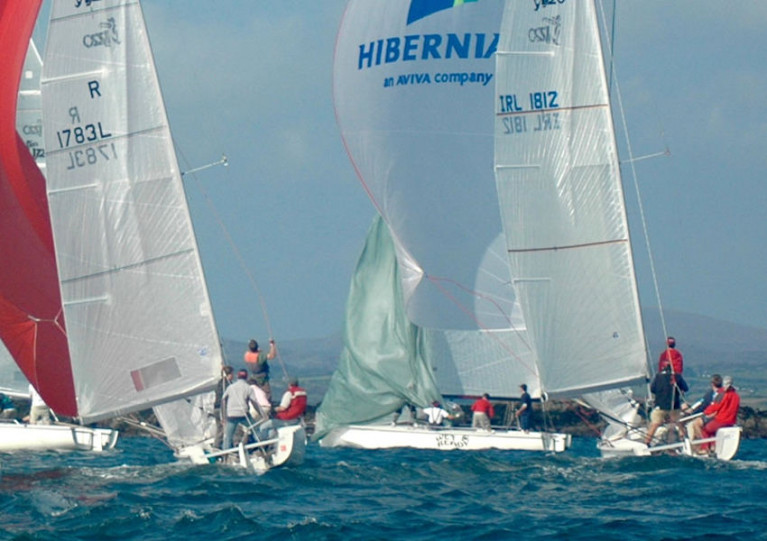Whether you're a boat enthusiast, historian, archaeologist, fisherman, or just taken by the natural beauty of Ireland's waterways, you will find something of interest in our Inland pages on Afloat.ie.
Ireland is lucky to have a wealth of river systems and canals crossing the country that, while once vital for transporting goods, are today equally as important for angling, recreational boating and of course tourism.
From the Barrow Navigation to the Erne System, the Grand Canal, the Lower Bann, the Royal Canal, the Shannon-Erne Waterway and the Shannon Navigation, these inland waterways are popular year in, year out for anyone with an interest in rambling; flora and fauna; fishing; sailing; motorboating; canoeing, kayaking and waterskiing; and cruising on narrowboats.
Although most will surely identify Ireland's inland waterways with boating holidays and a peaceful afternoon's angling, many varieties of watersport are increasingly favoured activities. Powerboat and Jetski courses abound, as do opportunities for waterskiing or wakeboarding. For those who don't require engine power, there's canoeing and kayaking, as Ireland's waterways have much to offer both recreational paddlers and those looking for more of a challenge. And when it comes to more sedate activities, there's nothing like going for a walk along a canal or river bank following some of the long-distance Waymarked Ways or Slí na Sláinte paths that criss-cross the country.
Ireland's network of rivers, lakes and canals is maintained by Waterways Ireland, which is one of the six North/South Implementation Bodies established under the British-Irish Agreement in 1999. The body has responsibility for the management, maintenance, development and restoration of inland navigable waterways on the island of Ireland, principally for recreational purposes. It also maintains Ireland's loughs, lakes and channels which are sought after for sailing; the network of canal locks and tow paths; as well as any buoys, bridges and harbours along the routes.
Along the Grand and Royal Canals and sections of the Barrow Navigation and the Shannon-Erne Waterway, Waterways Ireland is also responsible for angling activities, and charges Inland Fisheries Ireland with carrying out fisheries development, weed management and ensuring water quality.
Giving his personal perspective on Ireland's Inland Waterways from present-day activities to their rich heritage, Brian Goggin tells it like it is with his Inland Blog.
From recognising achievements in management of the waterways to his worries on the costs of getting afloat on Ireland's canals, Goggin always has something important to say.
He also maintains the website Irish Waterways History that serves as a repository for a wealth of historical accounts of the past commercial and social uses alike of Ireland's rivers and canals, which were once the lifeblood of many a rural community.





























































